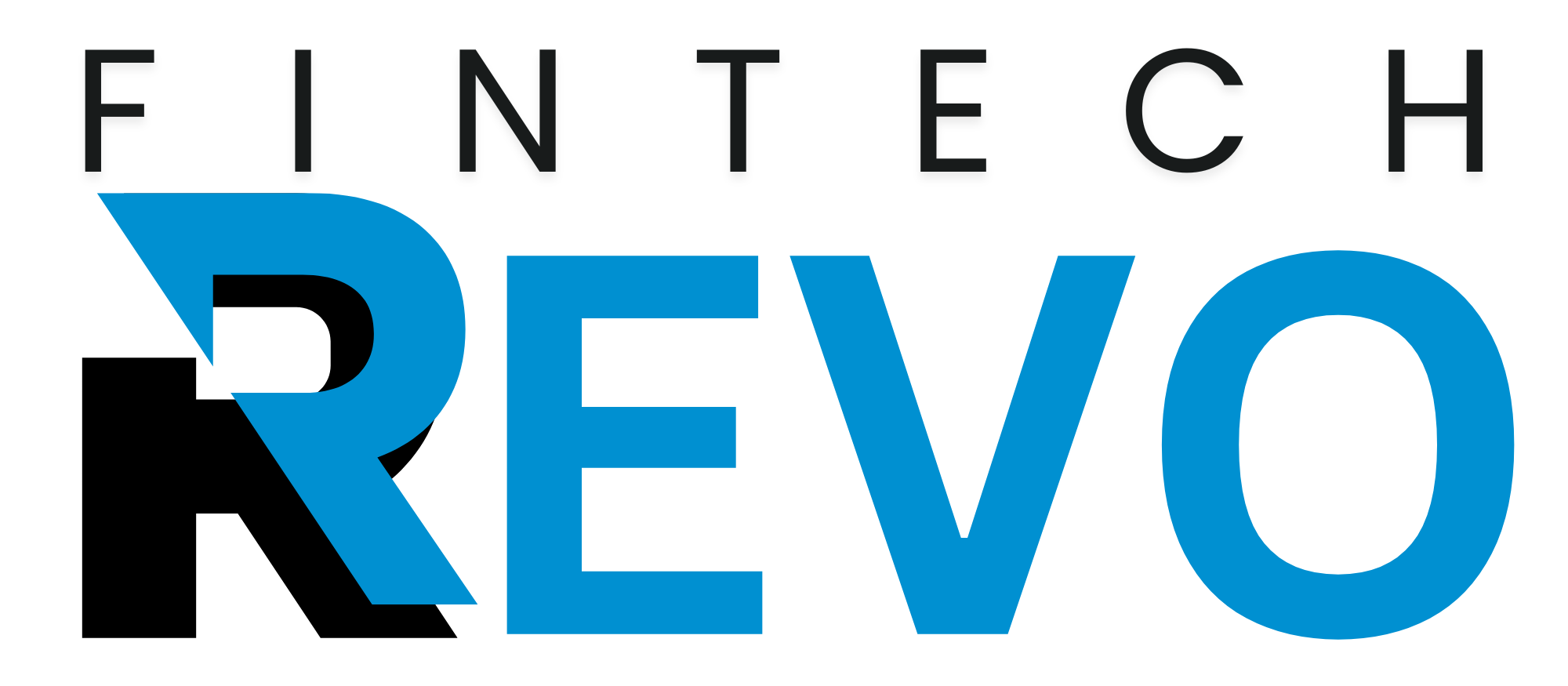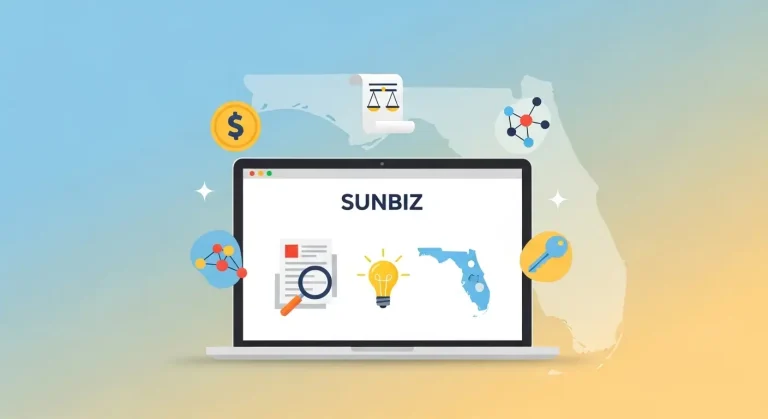When starting a business, an entrepreneur must assume that risk, uncertainty, and responsibility are inevitable. This means accepting that outcomes can’t be predicted with complete certainty — whether it’s about profits, market response, or operational challenges. The assumption of risk is at the heart of entrepreneurship. Every business venture begins with a set of unknowns, and success depends on how effectively an entrepreneur prepares for and manages those uncertainties.
Understanding the Core Assumptions in Entrepreneurship
Entrepreneurs aren’t just idea generators — they are decision-makers who take calculated risks. The moment someone transitions from planning to execution, they must assume full accountability for the outcomes. This includes financial commitments, operational decisions, and market performance.
Here’s what these core assumptions typically include:
- The market may not respond as expected. Even with strong research, predicting customer behaviour is never exact.
- Competition will exist. No market is truly empty. Others are likely offering similar solutions or could enter the market soon.
- Funding will be harder to secure than planned. Investors and banks often scrutinise early-stage ventures intensely.
- Cash flow issues may arise. Delayed payments and unforeseen expenses are common in the early stages.
- Regulations and legal requirements can change. Compliance, licensing, and taxation often bring new challenges.
- Failure is a possibility. Many successful founders faced multiple setbacks before achieving success.
These assumptions are not meant to discourage, but to help new entrepreneurs start with a realistic mindset.
The Psychological Shift: From Planning to Doing
After developing a business plan, the next step requires a mental transformation. An entrepreneur must assume full ownership of decisions and outcomes, understanding that success is not guaranteed by the plan itself but by its execution.
While a business plan provides structure, real-world conditions test its validity. Economic downturns, supply chain issues, or shifting consumer needs may force changes to the original plan. The ability to adapt while staying focused on the core vision is what separates sustainable businesses from short-lived ones.
Risk and Reward: The Unavoidable Connection
Starting a business means embracing the fact that risk and reward go hand in hand. Entrepreneurs must assume that higher returns require higher risks.
This doesn’t mean acting recklessly — it’s about making informed decisions under uncertain conditions. For example:
| Type of Risk | Example | Mitigation Approach |
| Financial Risk | Investing personal savings | Maintain emergency funds and insurance |
| Market Risk | Product may not sell as expected | Conduct pilot tests before scaling |
| Operational Risk | Supply disruptions or staff turnover | Diversify suppliers and train backup teams |
| Legal Risk | Non-compliance penalties | Work with legal advisors early |
| Technological Risk | Rapid tech changes make product outdated | Commit to continuous learning and updates |
A successful entrepreneur doesn’t eliminate risk — they plan for it and adapt swiftly.
Learn more about business growth on FinTech Revo .com
What Platforms Like Brainly, Quizlet, and Edgenuity Highlight
Educational resources often summarise this concept clearly. According to Brainly, Quizlet, and Edgenuity explanations, the key assumption every entrepreneur must make is that the business involves risk and uncertainty.
They emphasise that no matter how detailed the plan, results can differ due to changing markets, customer preferences, or external economic conditions. These platforms reinforce that entrepreneurs should:
- Prepare for unpredictable challenges
- Accept that profit is not immediate
- Recognise that failure can teach valuable lessons
- Commit time and effort before expecting returns
This aligns with what most entrepreneurship experts agree on — realistic expectations and resilience are more valuable than flawless predictions.
Financial Assumptions Every Entrepreneur Should Expect
- Initial Investment May Exceed Estimates
Costs like licensing, marketing, and early operations often go beyond projections. Always have a 20–30% buffer for unforeseen expenses. - Revenue Will Take Time
Even with a promising idea, steady income may take months or years to stabilise. Entrepreneurs should expect periods of low or inconsistent cash flow. - Profit Margins May Be Narrow Initially
Early stages focus more on market entry and customer acquisition than immediate profit. Patience is essential before scaling. - Funding May Come with Strings Attached
Investors, partners, or lenders often expect equity, control, or performance guarantees. Clear terms protect both sides.
Market Realities Entrepreneurs Must Assume
The marketplace rarely behaves exactly as predicted. Entrepreneurs must accept that consumer demand fluctuates, competitors evolve, and external factors (like inflation or technology shifts) can disrupt strategies.
For example, when digital media firms started around 2010, most assumed print would vanish completely. Yet, print magazines adapted and survived by targeting niche audiences — proving that assumptions about total disruption were premature.
Being flexible allows entrepreneurs to pivot when needed, without losing their long-term direction.
Legal and Regulatory Assumptions
Compliance is an area many first-time founders underestimate. It’s safe to assume that regulations can shift, especially in sectors like healthcare, finance, or data protection.
Founders should account for:
- Licensing and permits
- Tax obligations (local and international)
- Employment laws and contracts
- Intellectual property protection
Failing to anticipate legal complexities can lead to penalties or shutdowns, even for businesses with promising ideas.
Operational and Staffing Assumptions
No entrepreneur can succeed alone. However, hiring and managing people brings its own challenges. You must assume that:
- Team building takes time. Finding skilled, motivated people isn’t instant.
- Employee turnover happens. Not everyone will share your vision long-term.
- Delegation is essential. Micromanaging can slow progress.
- Training is continuous. Staff need to adapt as systems and tools evolve.
Example: A small tech startup may spend the first year focused on building a product but later realise they need HR and compliance officers — unplanned yet essential hires for stability.
Economic and Environmental Uncertainties
Entrepreneurs must assume that external conditions will fluctuate. Recessions, inflation, or even environmental changes can affect supply chains and consumer behaviour.
For instance, during global crises such as pandemics, many businesses discovered vulnerabilities in logistics and digital readiness. Those who had assumed stability suffered; those who had prepared for volatility adapted faster.
This assumption of external instability encourages smarter contingency planning.
Technological Adaptation: A Continuous Expectation
Every modern entrepreneur must assume that technology will evolve faster than expected. Whether it’s digital marketing algorithms or automation tools, staying static is not an option.
Practical steps include:
- Keeping software and platforms updated
- Tracking industry-specific tech trends
- Budgeting for IT maintenance and training
- Safeguarding data through cybersecurity practices
A restaurant using outdated POS systems, for instance, might lose sales insights that competitors gain from analytics-enabled tools.
Social and Cultural Assumptions
Entrepreneurs must recognise that cultural and social trends directly influence business success. Consumer ethics, sustainability, and inclusivity now shape purchasing decisions.
Assuming that your audience cares only about price or quality overlooks powerful emotional drivers. Adapting to cultural expectations — such as eco-friendly packaging or transparent supply chains — builds long-term trust.
The Mindset of Resilience and Learning
Every assumption boils down to one truth: success requires adaptability. Entrepreneurs who assume everything will go perfectly are setting themselves up for frustration. Those who anticipate difficulties can respond strategically rather than react emotionally.
Key lessons:
- Failures are part of growth, not proof of incompetence.
- Feedback from early customers is a free form of market research.
- Every challenge strengthens business understanding.
The right mindset turns assumptions into strategies rather than surprises.
Real-World Example: From Idea to Market
Take the example of Sara Blakely, founder of Spanx. She assumed her product idea had potential but also recognised she’d face manufacturing and funding barriers. Without investors at first, she financed prototypes from her savings. Her assumption that persistence and customer understanding mattered more than early perfection proved correct — Spanx became a billion-dollar brand.
This case shows that while assumptions about risk and effort may seem daunting, they also shape resilience and innovation.
Preparing for the Unexpected
While every business begins with optimism, smart entrepreneurs assume obstacles are inevitable. To handle them effectively:
- Maintain an emergency fund.
- Diversify income sources.
- Build relationships with mentors or advisors.
- Track financial metrics weekly.
- Review and adjust strategies quarterly.
Preparation doesn’t eliminate uncertainty, but it reduces vulnerability.
Key Takeaways
- Every entrepreneur must assume risk, uncertainty, and personal responsibility.
- Financial, operational, legal, and market challenges are inevitable.
- Adaptability, resilience, and continuous learning are core to long-term success.
- Educational platforms like Brainly, Quizlet, and Edgenuity all reinforce this: starting a business always involves assuming risk and accountability.
Final Thoughts
Starting a business isn’t about eliminating uncertainty — it’s about preparing to face it intelligently. An entrepreneur must assume that challenges will come, results may vary, and success takes time. By embracing this mindset early, founders can move forward confidently, make informed decisions, and build businesses that endure.
FAQs
How can an entrepreneur reduce the risks involved when starting a new business?
Entrepreneurs can’t avoid risk entirely, but they can reduce it by conducting thorough market research, creating financial safety nets, testing products through small launches, and maintaining flexible business models. Diversifying suppliers, seeking expert advice, and keeping realistic projections also help stabilise early operations.
What legal and compliance steps should an entrepreneur take before launching?
Before operating, entrepreneurs should register their business legally, obtain necessary permits, comply with tax obligations, secure insurance, and protect intellectual property. Consulting a legal advisor or accountant early helps avoid fines or licensing delays that often disrupt new ventures.
What personal traits or mindset help entrepreneurs handle uncertainty effectively?
Adaptability, patience, resilience, and problem-solving skills are essential. Entrepreneurs who treat setbacks as lessons rather than failures tend to stay focused longer. Developing emotional intelligence and learning to make data-driven decisions under pressure also play a major role.
How long should an entrepreneur expect before a business becomes profitable?
Profitability timelines vary widely by industry and model, but most small businesses take between one to three years to achieve consistent profit. Entrepreneurs should assume initial losses, manage cash flow carefully, and reinvest early earnings into marketing, technology, or operations to accelerate growth.
What are the most common mistakes new entrepreneurs make after starting a business?
Frequent errors include underestimating costs, neglecting marketing, hiring too quickly, ignoring customer feedback, and failing to adapt to market trends. Another major mistake is assuming passion alone ensures success—discipline, strategy, and analysis are equally critical.






